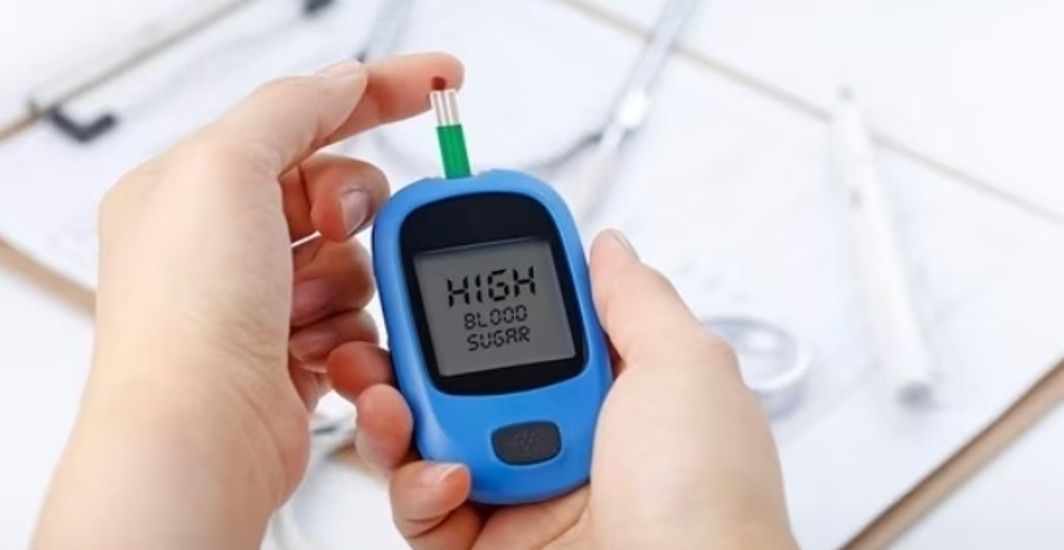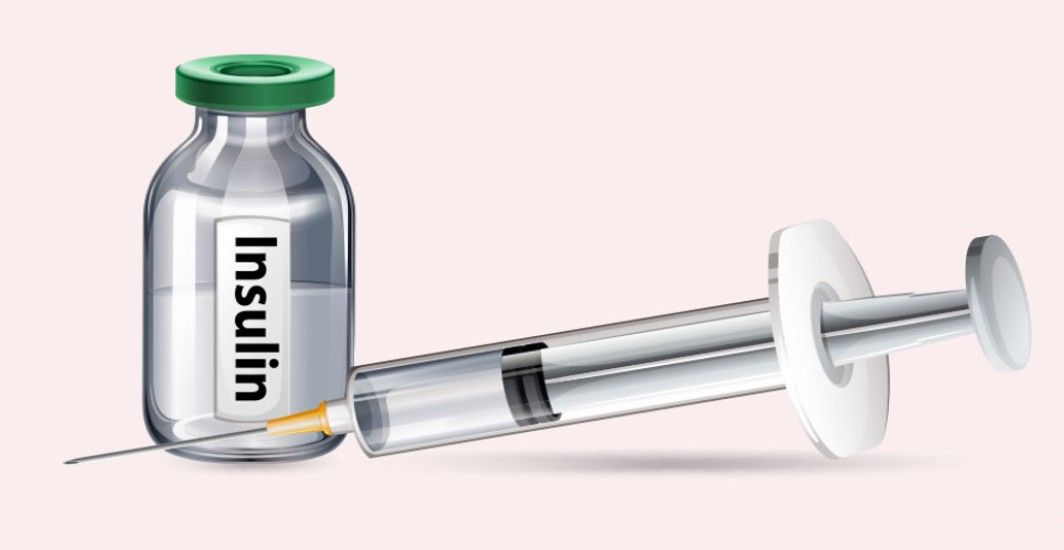Diabetes Management
Understanding Reactive Hypoglycemia: Causes, Symptoms, Prevention, and Treatment
2 min read
By Apollo 24|7, Published on - 01 August 2024
Share this article
0
0 like
.jpg?tr=q-80)
Reactive hypoglycemia is a health condition characterised by low blood sugar levels after eating, typically surfacing within two to four hours post-meal. This condition can manifest in individuals with or without diabetes and is often linked to excessive insulin release following carbohydrate-rich meals. Let's delve deeper into what causes this condition, the common symptoms, and how it can be prevented and managed effectively
Causes of Reactive Hypoglycaemia
While the exact cause of reactive hypoglycaemia remains unclear, several factors could play a part:
- Overproduction of Insulin: Consuming large, carbohydrate-rich meals might trigger an excessive insulin release, leading to a blood sugar drop.
- Underlying Medical Conditions: Prediabetes, hormonal disorders, or rare enzyme deficiencies could influence insulin regulation.
- Post-Surgical Impact: Certain gastric surgeries may alter food processing in the digestive system, increasing the risk of hypoglycaemia.
- Other Factors: Alcohol consumption, specific tumour types, and metabolic diseases may also contribute to its occurrence.
Signs of Reactive Hypoglycaemia
Symptoms typically appear within 2-4 hours post-meal and may include anxiety, confusion, dizziness, irritability, light-headedness, sweating, and extreme tiredness. Recognising these symptoms can help individuals seek timely medical attention.
Preventing and Treating Reactive Hypoglycaemia
Prevention Strategies
The key to preventing reactive hypoglycaemia lies in dietary and lifestyle changes:
- Small, Frequent Meals: Consuming smaller meals every three hours can help maintain stable blood sugar levels.
- Balanced Diet: Including a variety of foods in your diet while avoiding high-sugar and refined carbohydrates can be beneficial.
- Mindful Alcohol Consumption: If consuming alcohol, ensure you eat along to prevent blood sugar dips.
- Regular Exercise: Staying active can aid blood sugar regulation.
Treatment Options
Generally, reactive hypoglycaemia may not need medical treatment. However, in case of severe symptoms or underlying conditions, a doctor might recommend dietary modifications and medical evaluations.
Joining a comprehensive diabetes management programme like the Apollo Super 6 could be beneficial. This programme, designed by the expert doctors at Apollo, focuses on diet improvement, physical activity increment, and provides continuous support for managing diabetes more effectively.
Diabetes Management
Consult Top Diabetologists
View AllLeave Comment
Recommended for you

Diabetes Management
Stabilizing Your Blood Sugar: Managing the Highs and Lows
Managing fluctuating highs and lows in blood sugar levels is critical for diabetics. Regular monitoring offers clear insight into the effectiveness of lifestyle adjustments and medication. By understanding various factors that impact blood sugar levels and working closely with their doctors, one can effectively prevent hypoglycemia and hyperglycemia. With a comprehensive self-care plan and guidance from doctors, taking control of the diabetes journey and leading a healthier life is possible.

Diabetes Management
Understanding the Risks of Diabetic Shock and Insulin Reaction
Understanding diabetic shock and insulin reactions is crucial for individuals managing diabetes. By recognising symptoms early and responding swiftly with appropriate treatment measures, severe hypoglycaemia can be managed effectively. Prevention strategies like monitoring blood sugar levels regularly and adjusting food intake or insulin doses based on lifestyle changes are key.

Diabetes Management
Diabetes And Endurance Sports: Training Tips
For individuals with diabetes, endurance sports don't have to be off-limits. You can enjoy these activities by regularly monitoring blood sugar levels, maintaining a consistent training routine, and making smart nutrition choices while keeping your health intact. Wear a medical ID and inform someone before your workout session that you are a diabetic, which helps to manage hypoglycemia. Adjust insulin doses under medical supervision and carry glucose for emergencies for safety.
Subscribe
Sign up for our free Health Library Daily Newsletter
Get doctor-approved health tips, news, and more.
Visual Stories

8 Fruits That are Incredibly Healthy for Diabetes
Tap to continue exploring
Recommended for you

Diabetes Management
Stabilizing Your Blood Sugar: Managing the Highs and Lows
Managing fluctuating highs and lows in blood sugar levels is critical for diabetics. Regular monitoring offers clear insight into the effectiveness of lifestyle adjustments and medication. By understanding various factors that impact blood sugar levels and working closely with their doctors, one can effectively prevent hypoglycemia and hyperglycemia. With a comprehensive self-care plan and guidance from doctors, taking control of the diabetes journey and leading a healthier life is possible.

Diabetes Management
Understanding the Risks of Diabetic Shock and Insulin Reaction
Understanding diabetic shock and insulin reactions is crucial for individuals managing diabetes. By recognising symptoms early and responding swiftly with appropriate treatment measures, severe hypoglycaemia can be managed effectively. Prevention strategies like monitoring blood sugar levels regularly and adjusting food intake or insulin doses based on lifestyle changes are key.

Diabetes Management
Diabetes And Endurance Sports: Training Tips
For individuals with diabetes, endurance sports don't have to be off-limits. You can enjoy these activities by regularly monitoring blood sugar levels, maintaining a consistent training routine, and making smart nutrition choices while keeping your health intact. Wear a medical ID and inform someone before your workout session that you are a diabetic, which helps to manage hypoglycemia. Adjust insulin doses under medical supervision and carry glucose for emergencies for safety.


